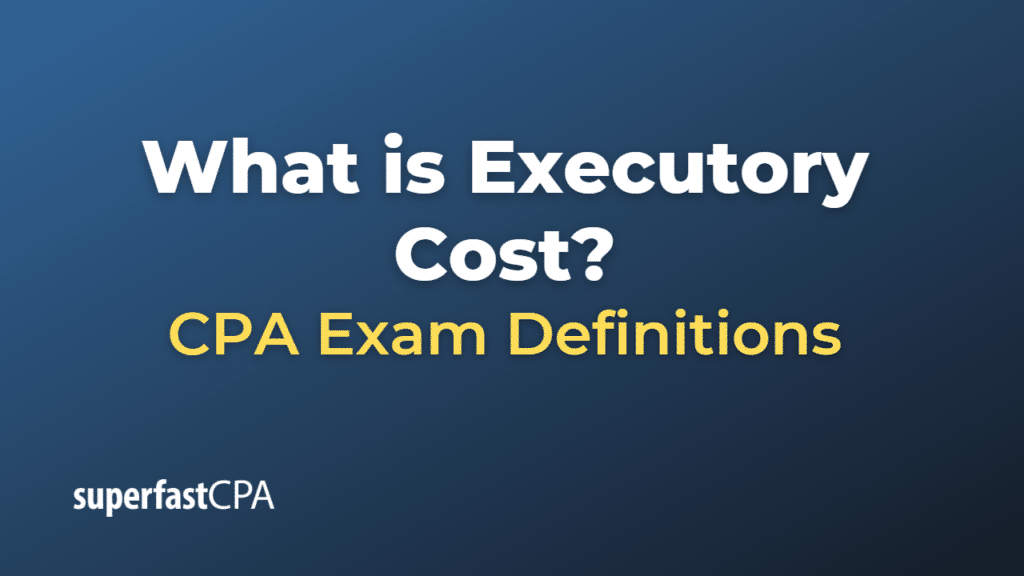Executory Cost
Executory costs are expenses that are incurred to maintain and preserve property, whether it’s leased or owned. They are often associated with leased property and typically include costs such as insurance, property taxes, and maintenance expenses.
In the context of a lease agreement, these costs can be either the responsibility of the lessor (the party who owns the property) or the lessee (the party who is leasing the property), depending on the terms of the lease.
Under a gross lease (also known as a full service lease), the lessor pays the executory costs. The lessee pays a single, all-inclusive rent payment, and the lessor uses part of this payment to cover the executory costs.
Under a net lease, the lessee is responsible for paying some or all of the executory costs in addition to the base rent. This can take several forms, such as:
- Single net lease: The lessee pays one of the executory costs (usually property taxes).
- Double net lease: The lessee pays two of the executory costs (usually property taxes and insurance).
- Triple net lease: The lessee pays all executory costs (property taxes, insurance, and maintenance).
Executory costs can be significant and are an important consideration when negotiating and managing lease agreements. It’s always advisable to understand these costs and who is responsible for them before entering into a lease agreement.
Example of Executory Cost
Let’s consider an example of a business entering into a lease agreement for office space.
Suppose a tech startup company, TechCo, decides to lease office space in a commercial building. The lease agreement specifies that it is a triple net lease, which means TechCo, as the lessee, is responsible for paying the executory costs in addition to the base rent.
The base rent is $5,000 per month, and the estimated executory costs are as follows:
- Property taxes: $300 per month
- Building insurance: $200 per month
- Maintenance costs: $500 per month
This means TechCo will need to budget for a total monthly cost of $6,000 ($5,000 base rent + $300 property taxes + $200 insurance + $500 maintenance). These executory costs are an important part of the total cost of leasing the office space.
Note that in this example, the executory costs are estimates. In real-world situations, these costs can fluctuate based on various factors. For instance, maintenance costs could go up if major repairs are needed, or property taxes could increase if the local government raises tax rates.
As a result, it’s crucial for lessees to understand the potential variability of executory costs when budgeting for a lease. It’s also advisable to consult with a real estate advisor or legal professional when negotiating lease terms.













